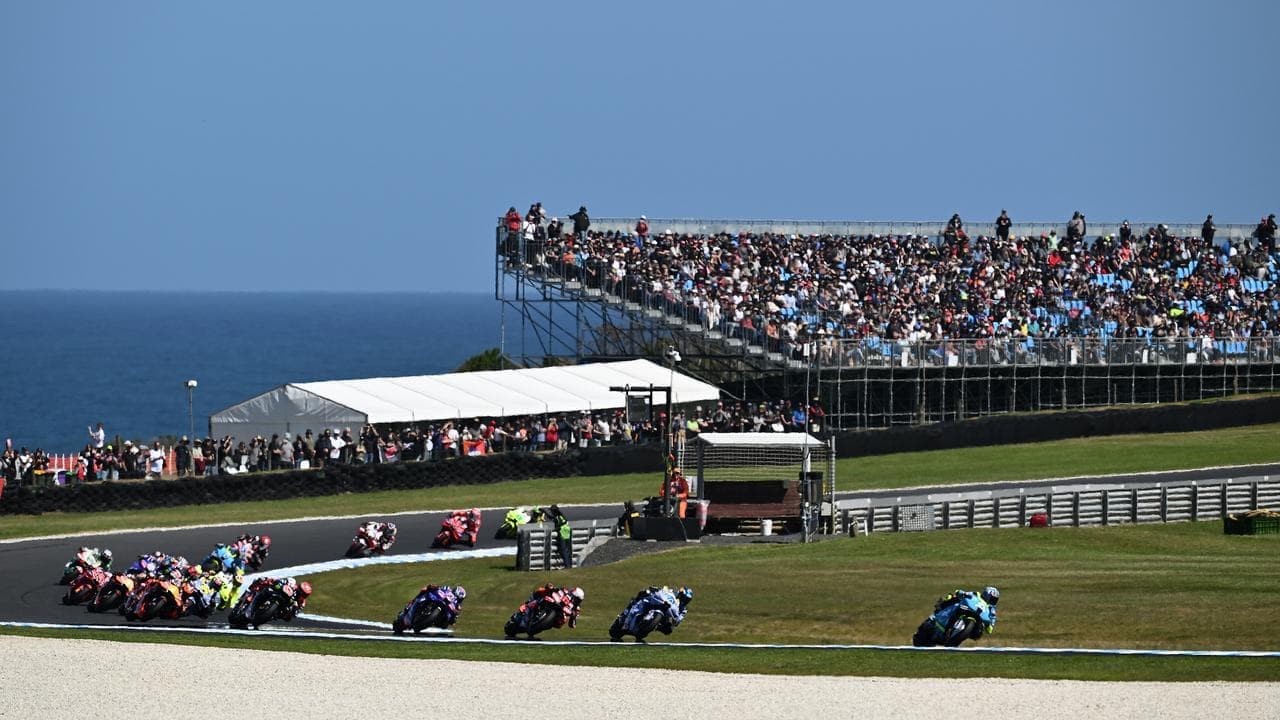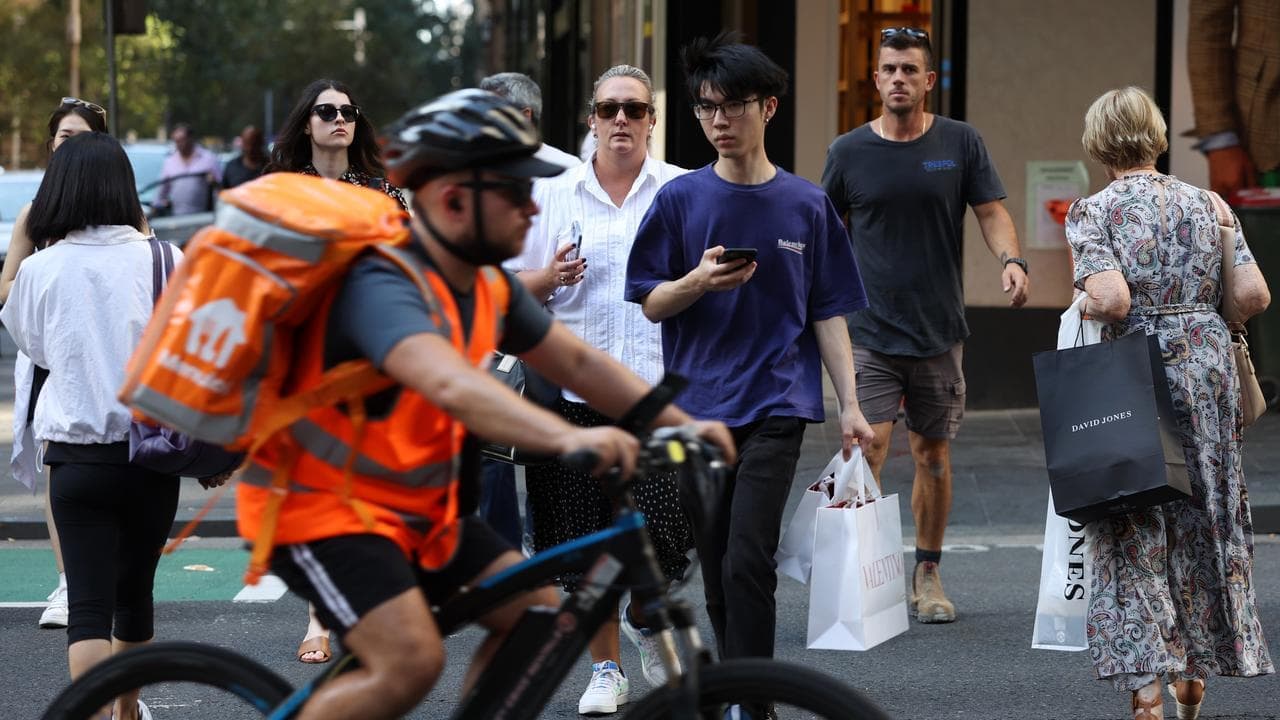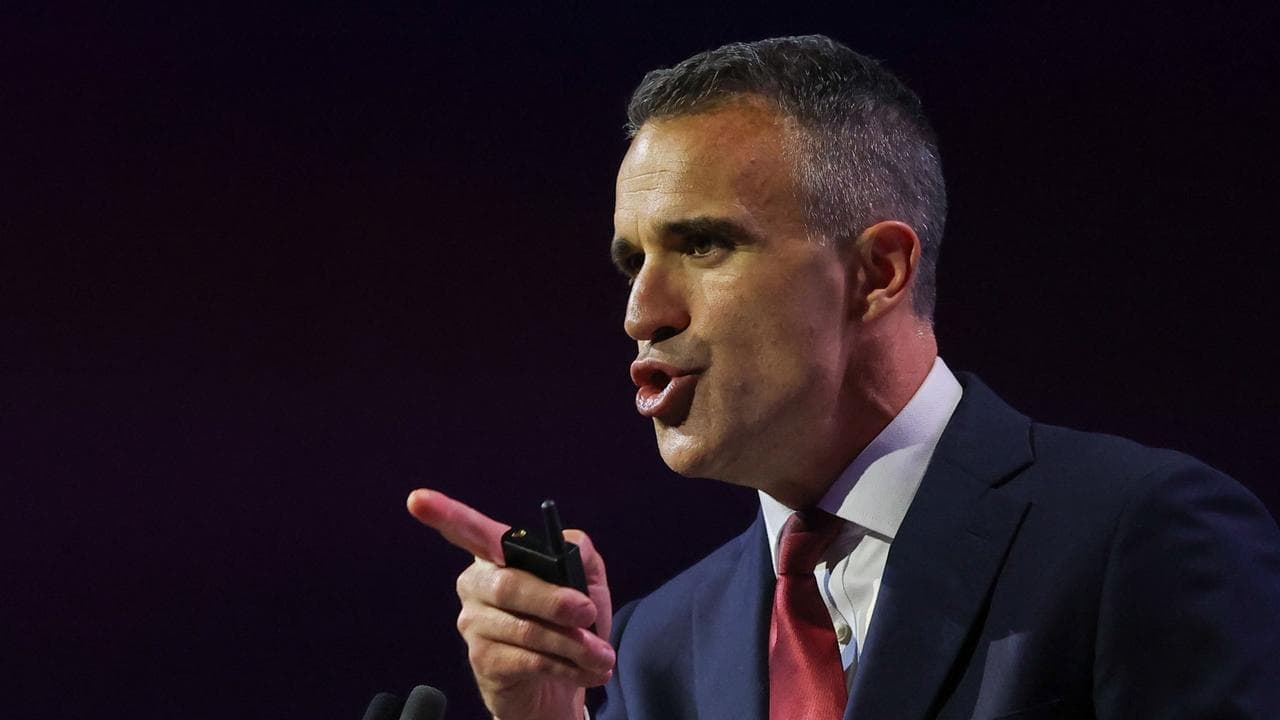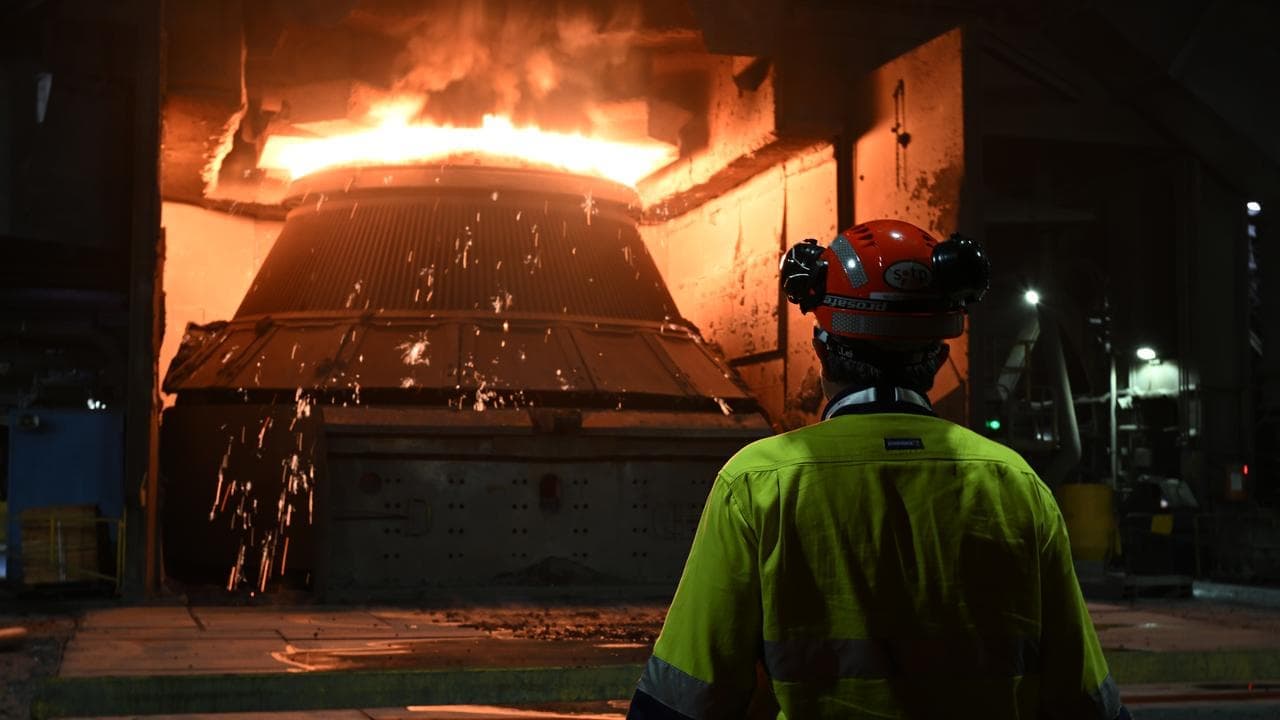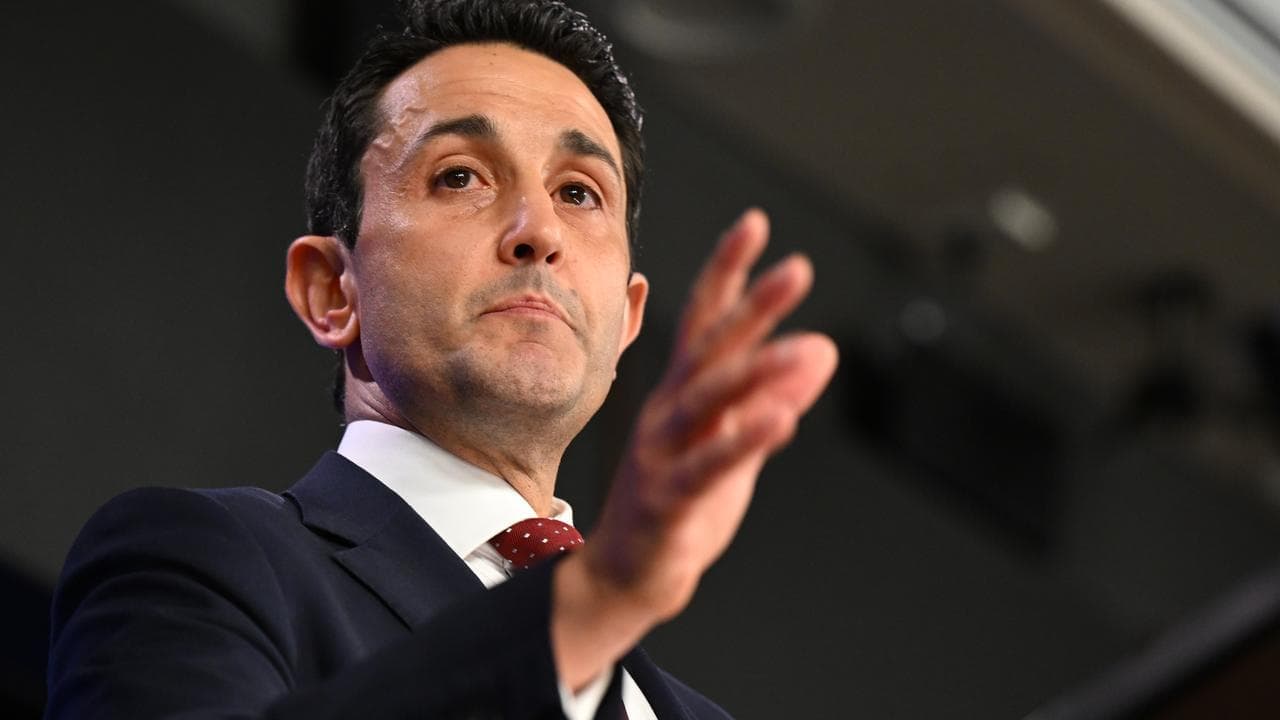WHAT WAS CLAIMED
The CEO of BioNTech, which developed a COVID-19 vaccine with Pfizer, did not get vaccinated.
OUR VERDICT
False: CEO Ugur Sahin was vaccinated in January 2021 and claims he was unvaccinated stem from an interview conducted when he wasn't eligible.
AAP FACTCHECK - Social media users are continuing to falsely claim the CEO of a global biotech company hasn't been vaccinated for COVID-19, despite the claim being debunked multiple times.
The latest claim was made in a New Zealand Instagram post that includes the caption: "THEY JUST TOOK THE PISS… Non (sic) of them took it."
It includes a video of BioNTech CEO and cofounder Ugur Sahin who is asked why he hasn't received the vaccine.
"I am legally not allowed to take the vaccine at the moment. We of course consider (sic) to make that possible. It is more important for us that our coworkers and partners get vaccinated," he replies.

Prof Sahin is then asked why he can't legally take the vaccine and he replies that he is not on the priority list for the vaccine rollout.
"The vaccine is not allowed to be taken outside of this priority list and what is also important, we were even not allowed to participate in clinical trials because per law it is not possible to include company people into such trials."
The clip, however, was filmed before the COVID-19 vaccine rollout in Germany in December 2020, and Prof Sahin was vaccinated about a month later.
German TV network DW News uploaded the interview from which the Instagram post is taken to YouTube on December 23, 2020.
In the full video, Prof Sahin is interviewed outside what appears to be BioNTech's headquarters in Mainz, Germany and is asked about the newly developed COVID-19 vaccine.
BioNTech partnered with Pfizer in March 2020 to develop a potential mRNA-based COVID vaccine.
The vaccine was first authorised for emergency use in the UK on December 2, 2020, with the first vaccines administered on December 8.

Germany's vaccine rollout began on December 26, beginning with healthcare workers, aged care residents and people aged over 80, meaning Prof Sahin, then aged 55, would have been ineligible on December 23, 2020 when the interview took place.
However, he was vaccinated the following year. In an interview with the Times in September 2021, Prof Sahin said he was vaccinated "at the end of January".
DW has reported Prof Sahin was vaccinated by March 2021 and BioNtech also confirmed to Reuters that he was vaccinated in early 2021.
The claim has also been debunked by AP and USA Today.
CEOs of other pharmaceutical companies that developed COVID-19 vaccines have also been vaccinated, despite the claim in the post.
A similar claim was made about Pfizer CEO Albert Bourla, also based on an interview during the early stages of the vaccine rollout.
Mr Bourla was vaccinated in early 2021 and posted a photo of him getting his second dose on X, formerly known as Twitter, on March 11, 2021.
Stephane Bancel, CEO of vaccine developer Moderna, recently posted a photo on LinkedIn of him getting a COVID-19 booster vaccine.
The Verdict
False – The claim is inaccurate.
AAP FactCheck is an accredited member of the International Fact-Checking Network. To keep up with our latest fact checks, follow us on Facebook, Twitter and Instagram.







